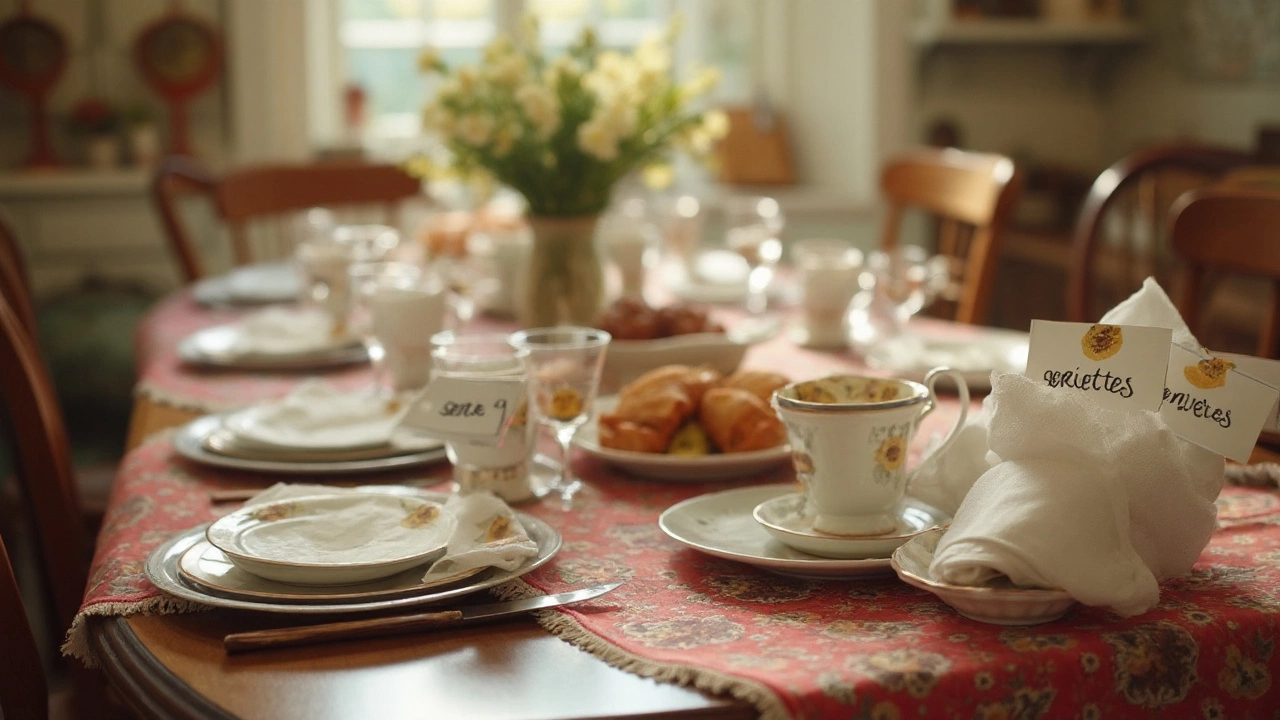UK vs US Language – What Changes When You Cross the Atlantic?
Ever wonder why a Brit says “boot” and an American says “trunk”? Or why you see “colour” in a UK shop but “color” on an US website? The answer is simple – the two versions of English evolved separately, and they keep swapping small quirks. In this guide we’ll break down the biggest spelling, word, and phrase differences so you can switch between them without looking awkward.
Spelling: The Quick Fixes
The easiest place to spot a difference is spelling. American English tends to drop extra letters to keep things short. Think “center” vs “centre”, “theater” vs “theatre”, or “traveling” vs “travelling”. The rule of thumb is: if the word ends in “‑our”, the US version drops the “u”. Likewise, “‑ize” replaces the British “‑ise” in words like “organize” (UK: organise). When you’re writing for a specific audience, just pick the style and stay consistent – readers notice when you flip back and forth.
Vocabulary: Same Thing, Different Name
Words that describe everyday objects can be a minefield. In the UK you’ll ask for “crisps” and “chips”; in the US those are “chips” and “fries”. A “lorry” in Britain is a “truck” in America, and a “biscuit” becomes a “cookie”. Even the word “boot” can mean a car’s trunk in the UK but a type of footwear in the US. If you’re shopping online, check the site’s location – product descriptions usually match the local lingo.
Pronouns and collective nouns also shift. Americans often treat a group as singular ("The team is winning"), while the British are comfortable with both singular and plural (“The team are winning”). It’s not a hard rule, but using the local habit helps you sound natural.
One more tip: remember the difference in dates. The UK writes day‑month‑year (31/12/2024) while the US goes month‑day‑year (12/31/2024). Mixing them up can cause real confusion, especially in business emails.
Bottom line? Spot the spelling, swap the key vocab, and keep an eye on date formats. With these simple swaps you’ll read and write like a native on either side of the pond. Happy typing!
Ever wondered what Brits call napkins? Explore the quirky world of British table talk, the meaning of 'serviette', and how UK dining lingo differs from American terms.
Aug, 4 2025
